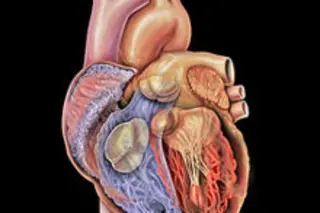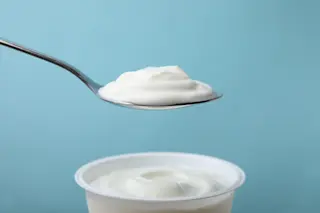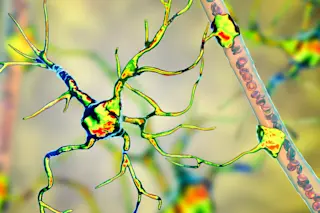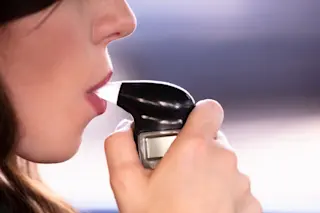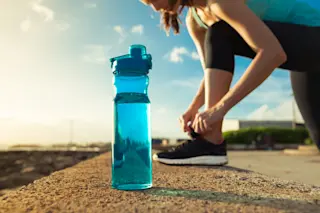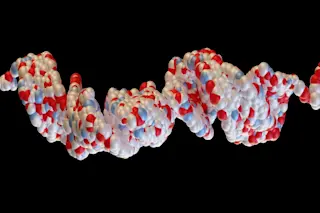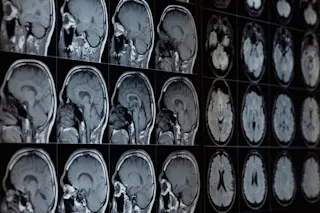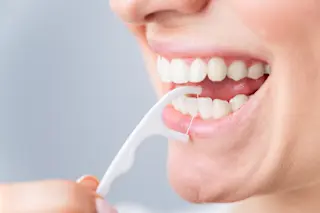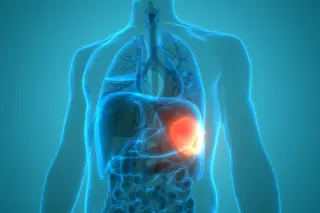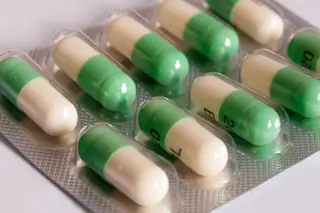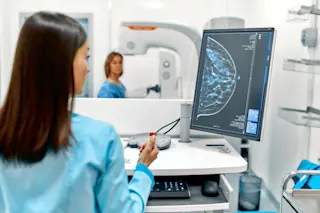Injecting a certain protein into mice and rats stimulated their heart cells to multiply after a heart attack, improving cardiac function. The experiment's results point to a possible method to regenerate damaged human heart tissue, according to a study published in the journal Cell. The adult heart is remarkably static. Although research this year revealed that a tiny number of new heart muscle cells are created in adulthood, that cellular regeneration tapers off throughout life, so heart damage inflicted during a heart attack does not heal naturally. But scientists found that injecting a growth factor called neuregulin1 (NRG1) into mice and rats stimulated the animals' heart cells to divide. After 12 weeks of daily injections, the animals' hearts showed less hypertrophy, or enlargement, and improved function. For instance, the hearts had about a 10 percent increase in ejection fraction--the fraction of blood pumped out of the left ventricle with each ...
Injecting Special Protein Could Make Hearts Heal Themselves
Discover heart regeneration techniques that use neuregulin1 to stimulate heart cell growth, enhancing cardiac function post-heart attack.
More on Discover
Stay Curious
SubscribeTo The Magazine
Save up to 40% off the cover price when you subscribe to Discover magazine.
Subscribe

